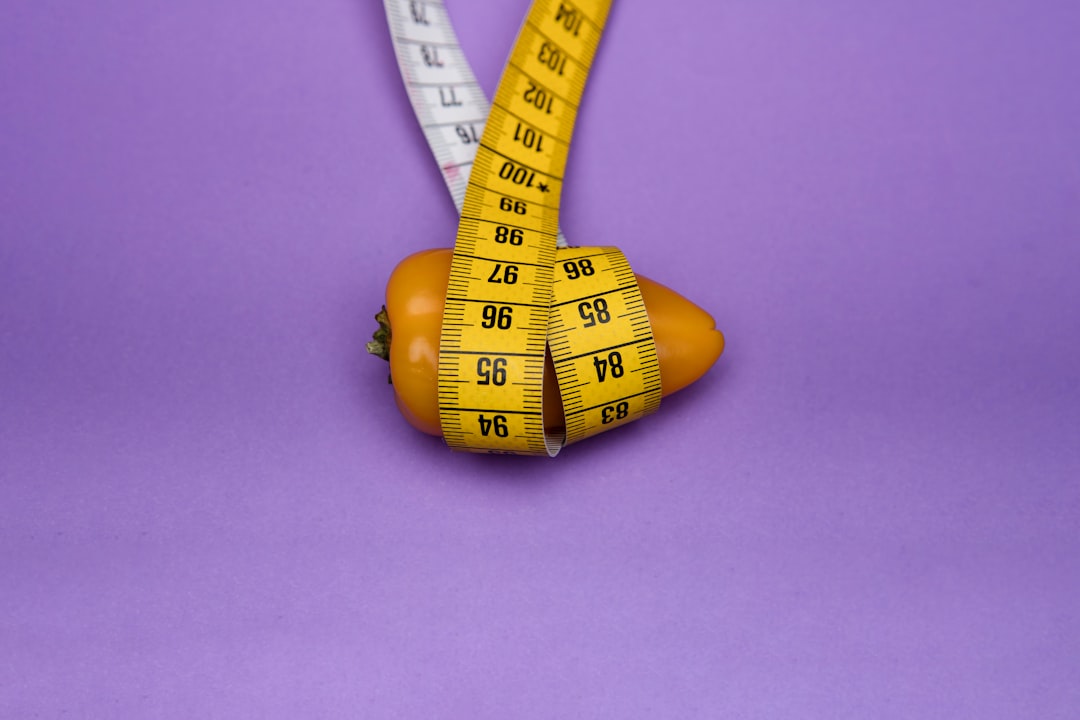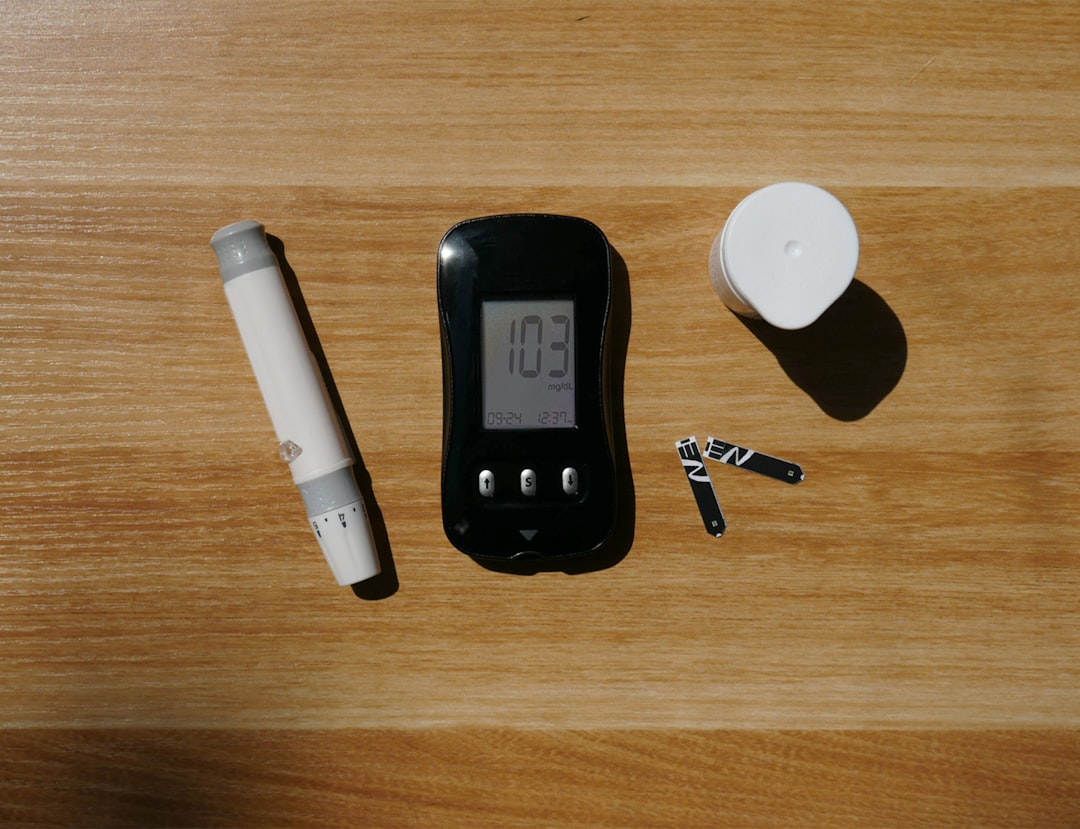When it comes to maintaining optimal health and physical performance, tracking and analyzing fitness data has never been more important. With technological advancements, fitness enthusiasts now have access to a range of smart gadgets that allow them to monitor their health metrics with high accuracy. Whether you’re a professional athlete or someone just starting your wellness journey, investing in the right tools can provide the insights needed to make smarter decisions about your training and recovery regimes.
The Essential Role of Health-Tracking Gadgets
Health tracking gadgets provide real-time feedback on everything from heart rate and sleep patterns to caloric expenditure and blood oxygen levels. The best fitness gadgets don’t just offer superficial stats—they deliver insights that empower informed action. Below, we explore the top gadgets that have proven reliable and accurate in helping users monitor their health and fitness progress effectively.
1. Smartwatches: Your All-In-One Health Companion
Smartwatches have evolved far beyond simple step counters. Today’s models are packed with sensors that offer continuous health monitoring capabilities. The most reputable smartwatches include features such as:
- Heart rate tracking
- ECG monitoring
- Blood oxygen (SpO2) measurement
- Sleep quality analysis
- Stress level prediction using HRV (Heart Rate Variability)
Top Recommendations: The Apple Watch Series 9 and Garmin Fenix 7 are best-in-class, offering unmatched fitness tracking accuracy and durability. Garmin, in particular, is preferred by athletes for its advanced metrics in endurance sports.

2. Fitness Bands: Light, Minimal, and Highly Practical
For those who prefer a lighter option, fitness bands provide much of the same functionality as smartwatches but in a more compact form. While they might lack LTE connectivity or advanced touchscreens, they still excel in:
- Step and distance tracking
- Basic heart rate monitoring
- Sleep quality insights
- Activity alerts
Leading models like the Fitbit Inspire 3 or Xiaomi Mi Band 7 offer long battery life and simple interfaces, making them ideal for beginners or those who prefer no-fuss solutions.
3. Heart Rate Monitors: Precision for Performance
If intense workouts and peak training sessions are part of your routine, a dedicated heart rate monitor is indispensable. Chest-strap heart monitors such as the Polar H10 or Wahoo TICKR provide more accurate readings than wrist-based sensors—especially under changing conditions or during high motion activities.
They sync with your smartphone or fitness app to deliver real-time data, ideal for athletes working on heart rate zones, VO2 max improvement, or endurance training.
4. Smart Scales: Beyond Body Weight
Traditional scales only tell a fraction of your health story. Smart body composition scales analyze:
- Body fat percentage
- Muscle mass
- Bone density
- Water retention levels
- BMI tracking over time
Top devices like the Withings Body+ and Eufy Smart Scale C1 offer app synchronization, enabling users to track progress visually and export data for medical or training analysis.

5. Sleep Trackers: Optimize One Third of Your Life
Recovery is essential to progress, and sleep trackers help maximize rest. Devices like the Oura Ring or Whoop Strap 4.0 measure sleep cycles, respiratory rate, heart rate variability, and temperature. The data is then combined into a “readiness score,” guiding whether you should push hard during your workout or focus on recovery.
Unlike smartwatches, these devices are specifically optimized for round-the-clock tracking with minimal interference to sleep comfort, giving you more accurate and nuanced reports of your nightly rest.
6. Blood Pressure and ECG Monitors: Clinical-Level Accuracy at Home
Cardiovascular health is foundational to long-term wellness. With FDA-approved options like the Omron Evolv or QardioArm, users can get precise blood pressure readings at home. Some even sync with mobile apps for long-term tracking and data sharing with healthcare professionals.
Meanwhile, gadgets like the KardiaMobile 6L deliver real-time ECG results that detect atrial fibrillation, bradycardia, and tachycardia—conditions often missed without long-term monitoring.
7. Hydration Monitoring Devices: A New Frontier in Health Tech
Hydration is too often overlooked in fitness routines, yet it critically impacts performance and recovery. New gadgets like the HidrateSpark PRO, a smart water bottle, monitor intake and glow to remind you to drink water. Advanced wearables such as Gatorade Gx Sweat Patch analyze sweat composition, providing personalized hydration recommendations.
These additions are especially valuable for endurance athletes or those in hot climates where dehydration can silently impair results.
8. Continuous Glucose Monitors (CGMs): Not Just for Diabetics
CGMs like the Levels Health system or Freestyle Libre are gaining traction among athletes and biohackers alike. By continuously tracking blood sugar, users can identify how specific meals, exercise, and stress affect their levels. This is vital for managing energy levels and optimizing nutrition strategies.
Whether you have a medical reason to monitor glucose or are just exploring metabolic optimization, CGMs provide unparalleled granularity in understanding your body’s response to external stimuli.

Choosing the Right Gadget for Your Goals
Different trackers serve different needs. When choosing a health tracking gadget, consider:
- Your fitness objectives (endurance, strength, weight loss, recovery)
- Data accuracy and third-party validation
- Integration with other health apps
- Battery life and comfort
- Long-term data storage and analytics
The ideal device is one that not only fits your lifestyle but also delivers trustworthy, actionable insights over time.
Conclusion
Fitness is no longer just about reps and runs—it’s about data-informed performance and well-being. The best gadgets for health tracking offer far more than surface-level metrics; they dive deep into biological feedback, giving you the knowledge to train smarter and live healthier. By embracing the right mix of wearables and sensors, fitness enthusiasts can gain unprecedented visibility into their body’s mechanics, setting the stage for lasting results and better overall health.
